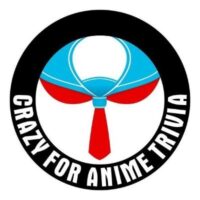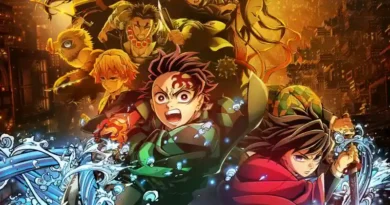Resident Evil Creator Slams Video Game Censorship in Japan: “The Rules are Made by People Who Don’t Play”
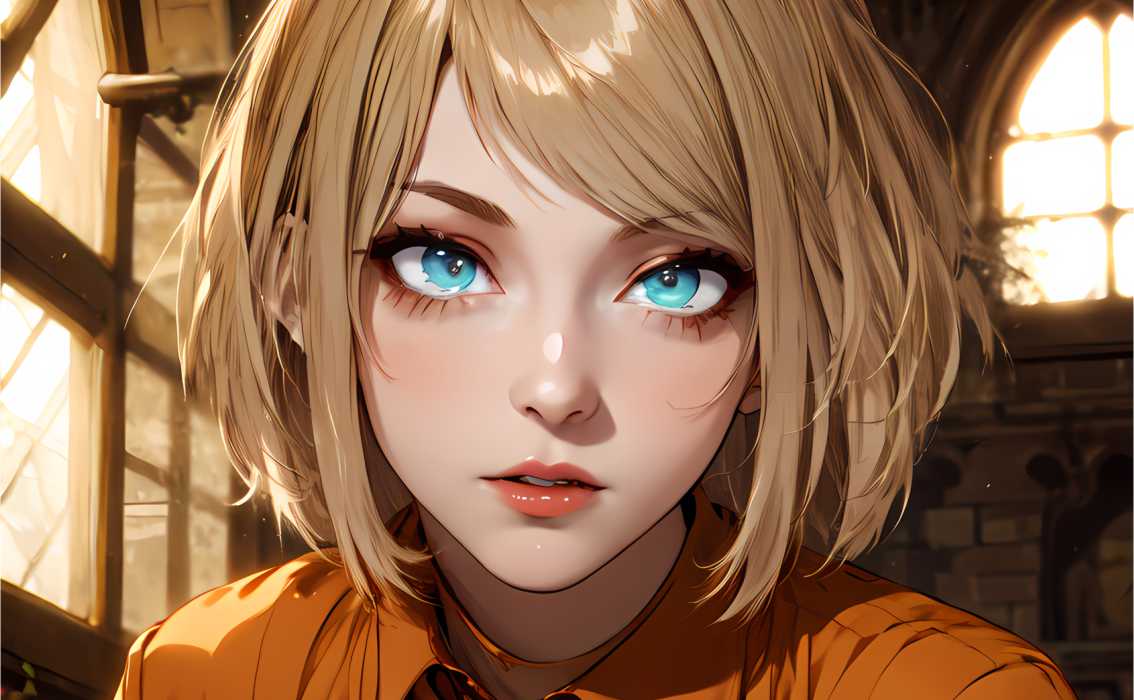
Shinji Mikami, creator of Resident Evil, recently voiced his dissatisfaction with video game censorship in Japan. Specifically, he criticized Japan’s strict video game rating system, which can even lead to some games being entirely banned in the region, as happened with Dead Space and The Callisto Protocol.
This topic came up during a recent interview with Shinji Mikami and Goichi “Suda51” Suda on Game*Spark. The interview was focused on the upcoming remaster of Shadows of the Damned, titled Shadows of the Damned: Hella Remastered, which is set to release on multiple platforms in October 2024.
During the conversation, Mikami commented on the differences between Japan’s rating system and those overseas, which forced them to censor parts of the game for the Japanese console releases—both for the original 2011 version and the upcoming remaster.
Resident Evil Creator Slams Video Game Censorship in Japan: “The Rules are Made by People Who Don’t Play”
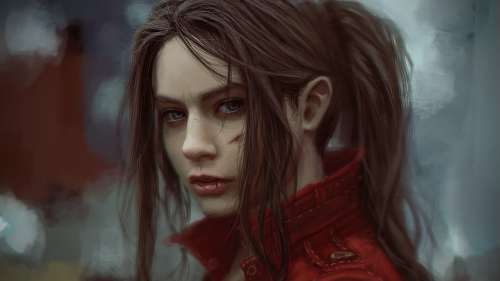
For a game to be released on consoles in Japan, it must obtain a rating from the CERO (Computer Entertainment Rating Organization) board. However, digital-only titles have the option of being classified by the IARC instead. Even so, all 18+ content in Japan must comply with CERO’s strict regulations. Interestingly, PC releases on Steam in Japan typically avoid this censorship process and are often released uncut.
Mikami criticized the system, saying: “I think it’s a strange system because games are restricted by rules made by people who don’t play, limiting the enjoyment of those who want to play them.”
Suda51 echoed this sentiment, stating: “Unfortunately, we have to deal with these regional restrictions as part of our job, but I always wonder what players think about it. For example, it’s sad when someone chooses to buy the PC version on Steam just to play uncensored, even though our game (Shadows of the Damned: Hella Remastered) is available on multiple platforms. Who are these restrictions really for? It feels like they’re not for the customers who actually play the games.”
Games Blocked by CERO Regulations
Mikami also recalled the original Dead Space from 2008, which was banned in Japan due to CERO’s restrictions. “Those who wanted to play it in Japan had no choice but to import it from overseas,” Mikami explained. He further shared a poignant memory from when he spoke with the developers at EA Redwood Shores: “One of the developers was in tears, saying: ‘We worked so hard on the game, but we can’t sell it in Japan!'”
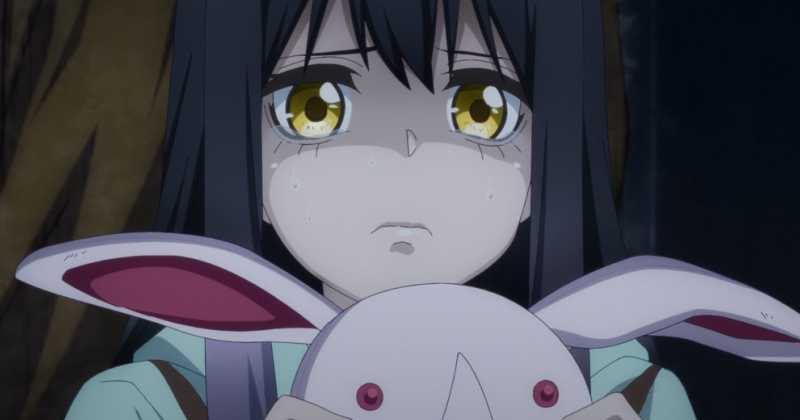
CERO’s rating system has faced criticism in the past for its “vague” review process and inconsistency in the games it refuses to classify. For instance, the Dead Space remake in 2023 was rejected for its “depictions of severed body parts and internal organs,” yet Stellar Blade was released uncensored with a CERO D (17+) rating in 2024 despite containing similar levels of graphic violence.
The Impact on Game Development
Suda51 concluded that video game censorship in Japan is a complex issue. He suggested the creation of a CERO X rating, higher than CERO Z, which could allow overseas games to be released in Japan without alteration. He also discussed the burden on developers: “For the remaster of Shadows of the Damned, we had to create two versions, which greatly increased the workload and extended the development time.”
Shadows of the Damned: Hella Remastered is scheduled for release on October 31, 2024, for PS4/PS5, Xbox One, Xbox Series X|S, Nintendo Switch, and PC (Steam). In Japan, the console versions will be censored, while the Steam version will be uncut.
via Você Sabia Anime
